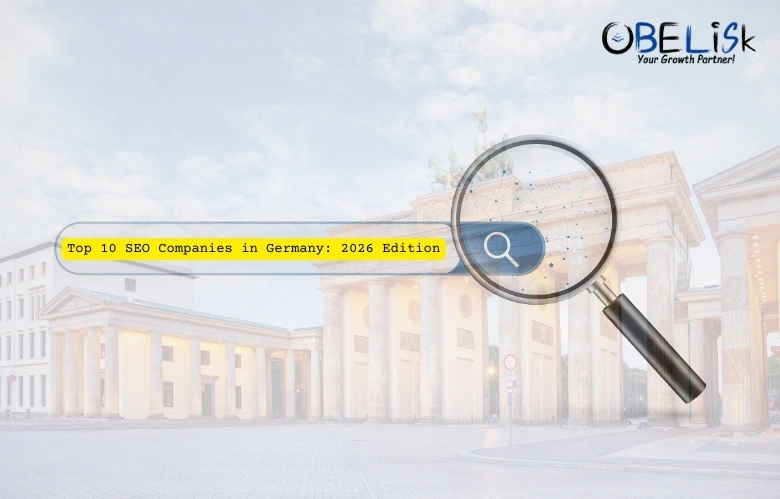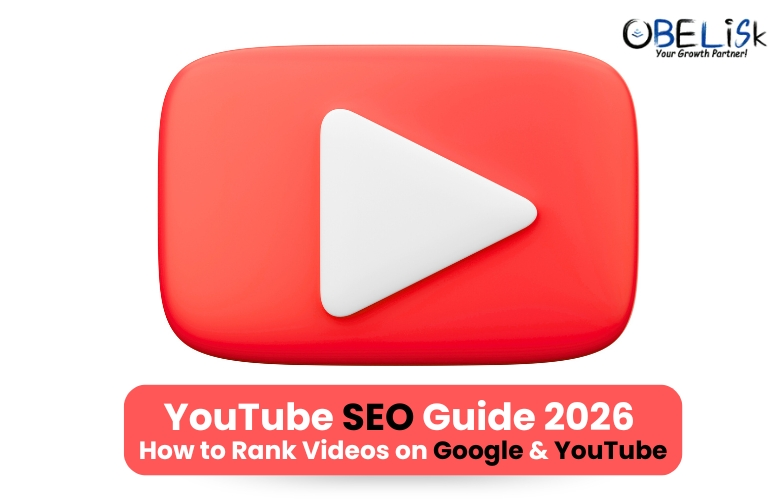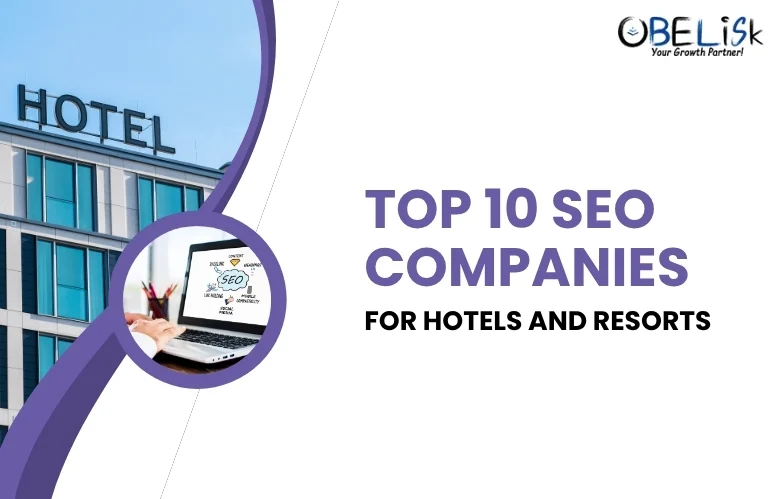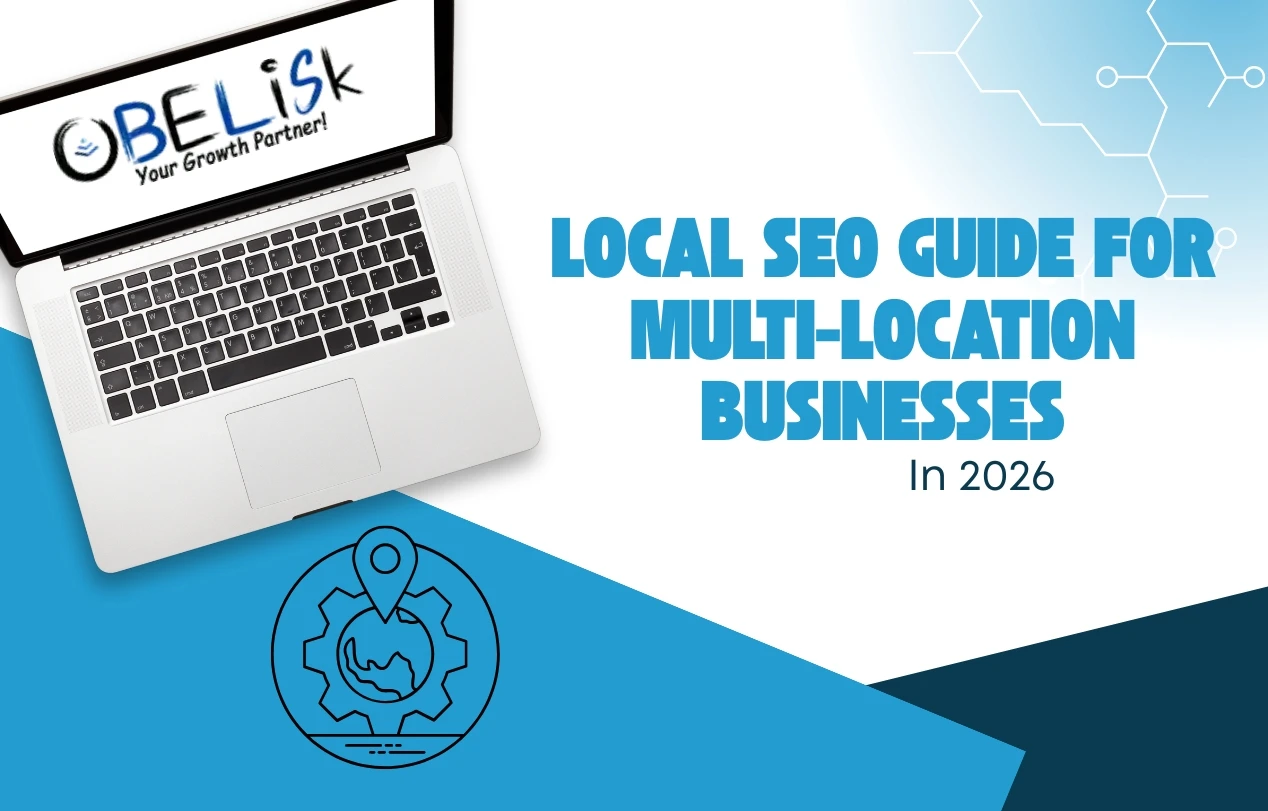Due to mobile device use and SEO algorithms, SEO has evolved, especially in the last decade. This has led to a discussion on whether targeting desktop searches in 2023 is relevant. Ultimately, the answer would be yes; desktop SEO is still important even though more people browse their intelligent mobile devices. Before you can pour yourself into the nooks and crannies of Desktop SEO, you must get the facts straight.
What is Desktop SEO?
Desktop SEO performance means the SEO rankings and other KPIs that can be directly linked to the desktop version of a website. While mobile SEO optimizes sites for smartphones and tablets, desktop SEO optimizes the desktop site to rank better on search engines such as Google and Bing. Some key desktop SEO metrics that site owners and SEO specialists track include target keyword rankings, click-through rates from the SERPs, site traffic from organic search, and conversion rates from this organic traffic. The fact that it is possible to track the changes in the mobile SEO means that one can also monitor if the changes applied to the desktop view of the site are helpful in its visibility and conversion. General SEO has to consider the concept of Responsive Web Design, particularly the ability of a website to optically fit the screen of the device through which it is being accessed.
Desktops Still Contribute a Large Number of Lookups
Though mobile phones took the lead in total internet usage in 2016, desktops are more responsible for traffic and conversions in search engines. According to statistics, desktops account for; desktops account for:
The Relevance: It was also revealed that 60% of total search queries.
SEMR: 70% of clicks are made on the links located in the search engine results pages
However, this should not be a reason to completely rule out desktop SEO since mobile optimization is essential for every brand. Regarding revenue opportunity, most businesses still have much more in desktop searches.
Google’s algorithms still prefer sites more compatible with desktops than mobile devices. When dealing with desktop sites, optimizing site speed, security, layout, and navigation are more accessible. This means that brands that only optimize their sites for mobile SEO can be penalized by Google.
Also, options such as click-to-call and location services are not present in the results of a desktop search. As a result, Google leans on conventional SEO metrics such as backlinks, keyword optimization, and site UX for desktop ranking signals. The omission of these can negatively influence search visibility and traffic.
Easy Troubleshot of Issues
However, a significant part of SEO activities remains desktop-oriented, even though it is crucial to address the needs of mobile users. For instance:
1. Link-building outreach
2. Promotion of content on social media
3. n-depth keyword research
4. Monitoring rankings and other figures
5. Performing the technical and on-page search engine optimization
The larger screens better serve these essential marketing tasks and more processing power and ease of navigation that come with a desktop. So, although mobile usage has increased, marketers prefer desktops to perform major SEO tasks.
The Future
The Future is “Mobile First, Desktop Also”. This has demonstrated that brands require a solid mobile SEO strategy as mobile continues to dominate. Critical considerations should be site speed, UI/UX, tap targets, and responsiveness
Conclusion
However, the data shows that desktop SEO can contribute to business outcomes. That is why brands require an omnichannel approach, ‘ mobile-first, but desktop too.’ This is true across devices, and any approach to digital marketing must consider this.
Yes, mobile is a rising star, but don’t count desktop out just yet regarding SEO. Nothing is more rewarding than being in a brand that targets desktop and mobile searches in the present and future. Desktop SEO continues to be a relevant and valuable tool for delivering high-quality organic traffic and sales.












